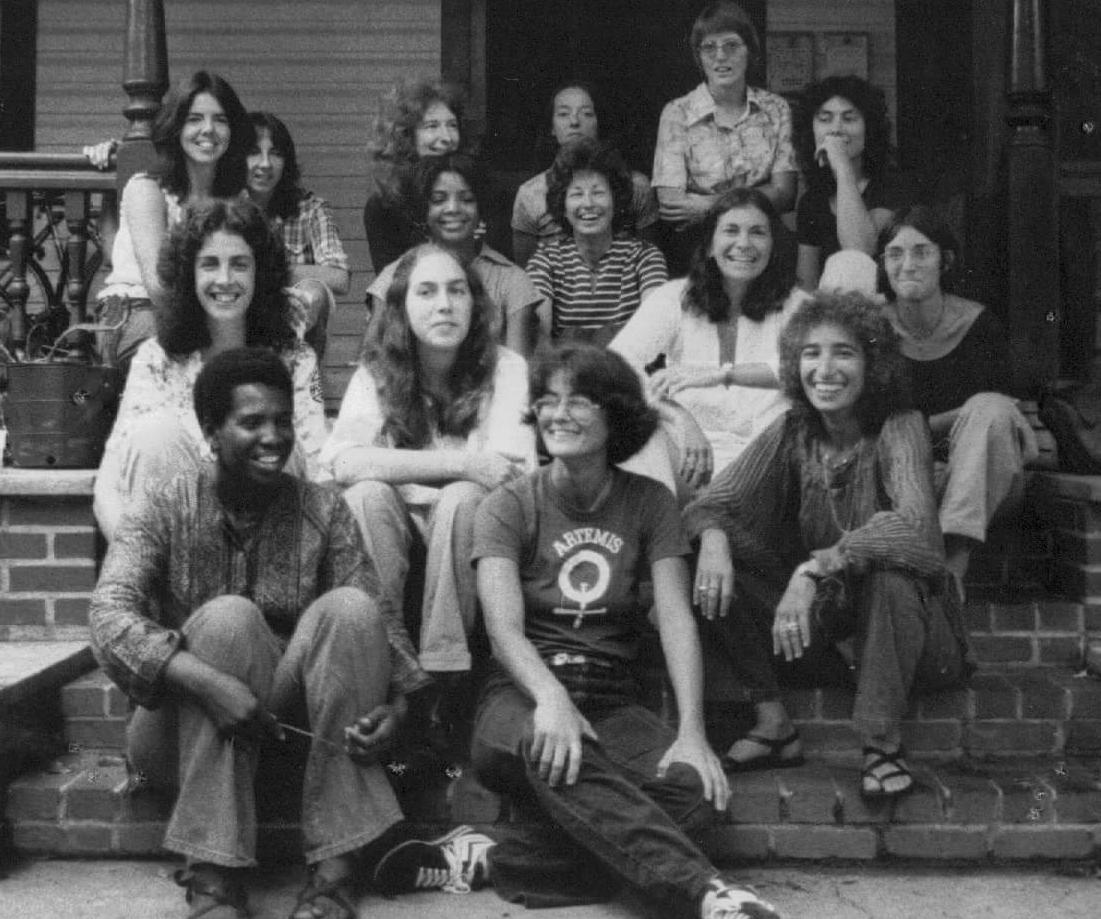
1 minute read
The Gainesville Women’s Health Center
The Gainsville Women’s Health Center
By Pam Smith
Advertisement
Gainesville Women’s Health Center (GWHC) was founded in 1974 by Byllye Avery, Judy Levy, and Margaret Parrish. It came one year after the Supreme Court ruled that women in the United States have a fundamental right to choose whether or not to have an abortion without excessive government restriction of that right.
The GWHC was founded to offer low cost, compassionate healthcare for women, by women. They held gynecological clinics three nights a week and did first trimester abortions one day a week. They accepted Medicaid payment which made the services available to women living in poverty.
At the beginning, they attracted a medical director from Jacksonville and leased a building, owned by a woman psychiatrist, across the street from Alachua General Hospital. They collected donations to fund the clinic, and used their personal credit to buy the carpeting, furniture, and medical equipment.
The GWHC did not pass up any opportunity to educate. The clinics taught women everything in the world they wanted, or didn’t want, to know about their bodies.
They ran body sex workshops for women to learn about sexuality. They provided groups for young women and girls to learn about menstruation and have positive attitudes toward it. They offered to let women who came in for
(Image courtesy of Redstockings Women’s Liberation Archives for Action.)
examinations an opportunity to look at their cervixes, if they wanted to.
GWHC initiated a program with the UF Medical School, in which members served as models for the gynecology interns learning to do pelvic exams. They taught the interns how to perform compassionate, pain-free pelvic exams. Prior to this program, the interns learned on hospital patients.

In 1978, GWHC founders opened the Birth Place, fulfilling a dream to include birthing in their services of medical care for women. Birth Place was a homelike midwifery center. It eventually morphed into the Birth Center, which served area women until 2013.










